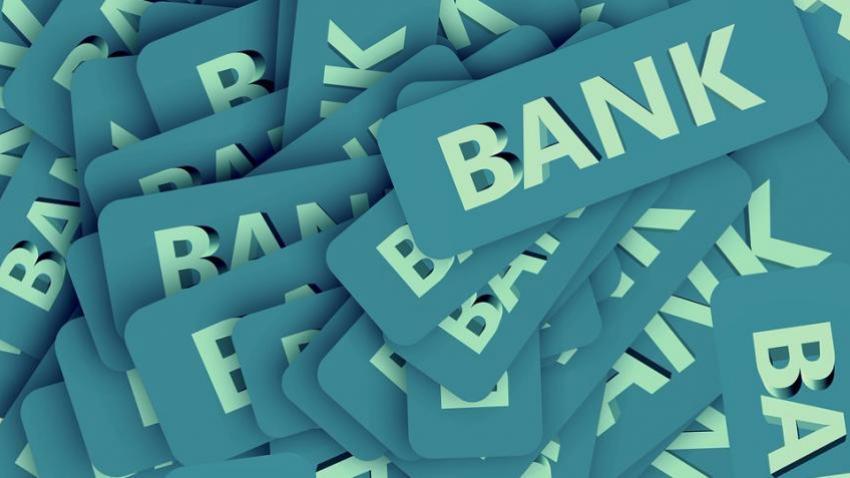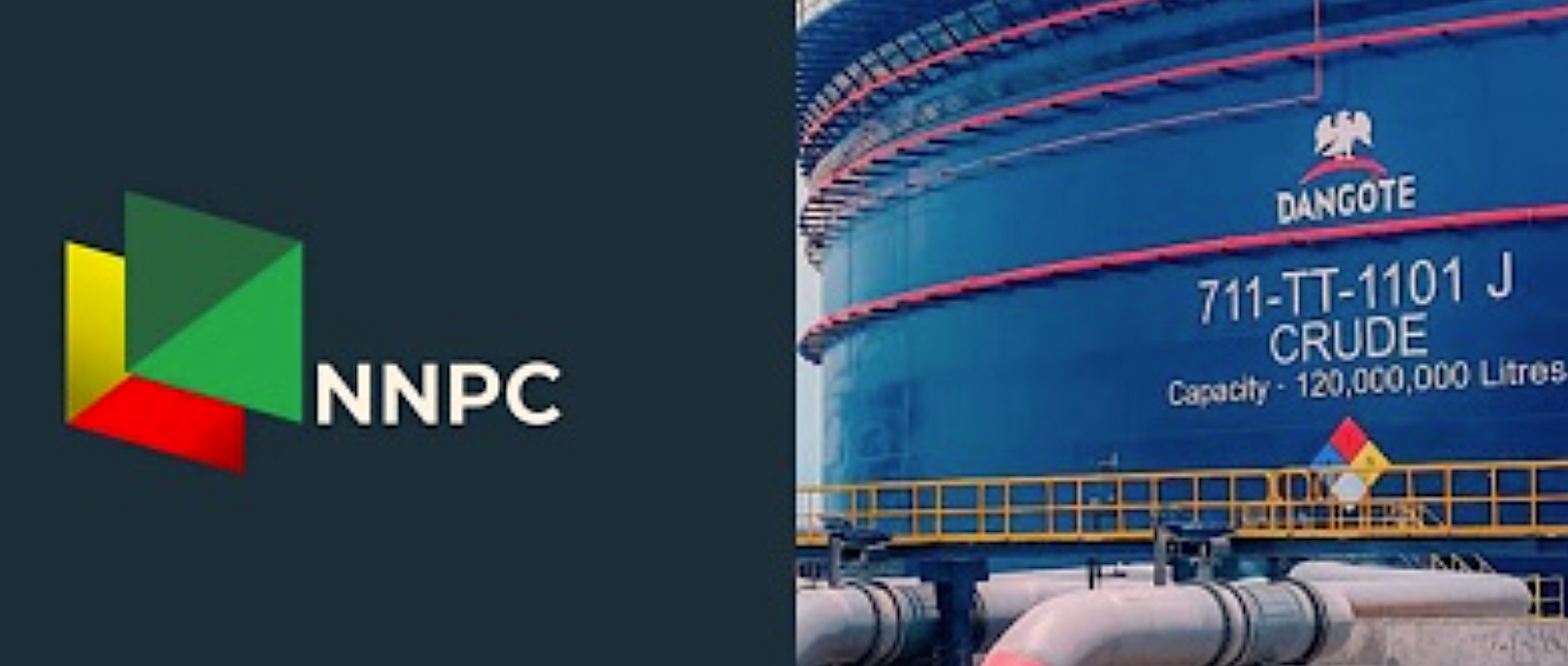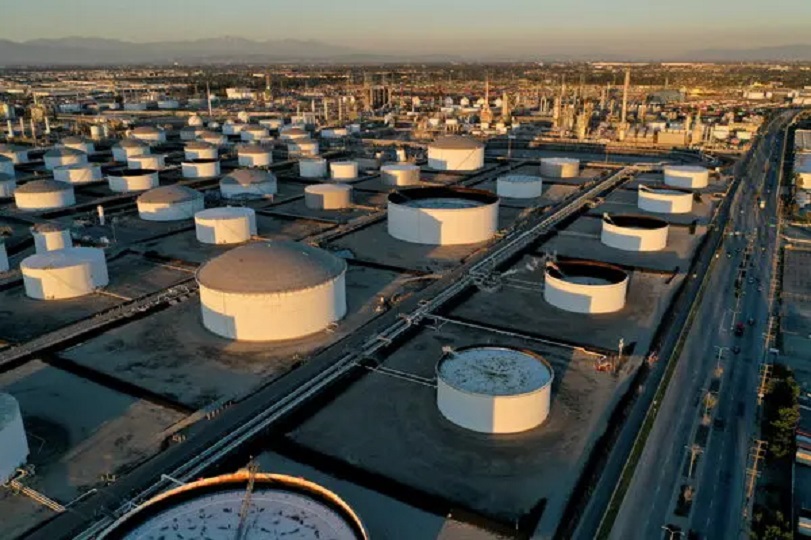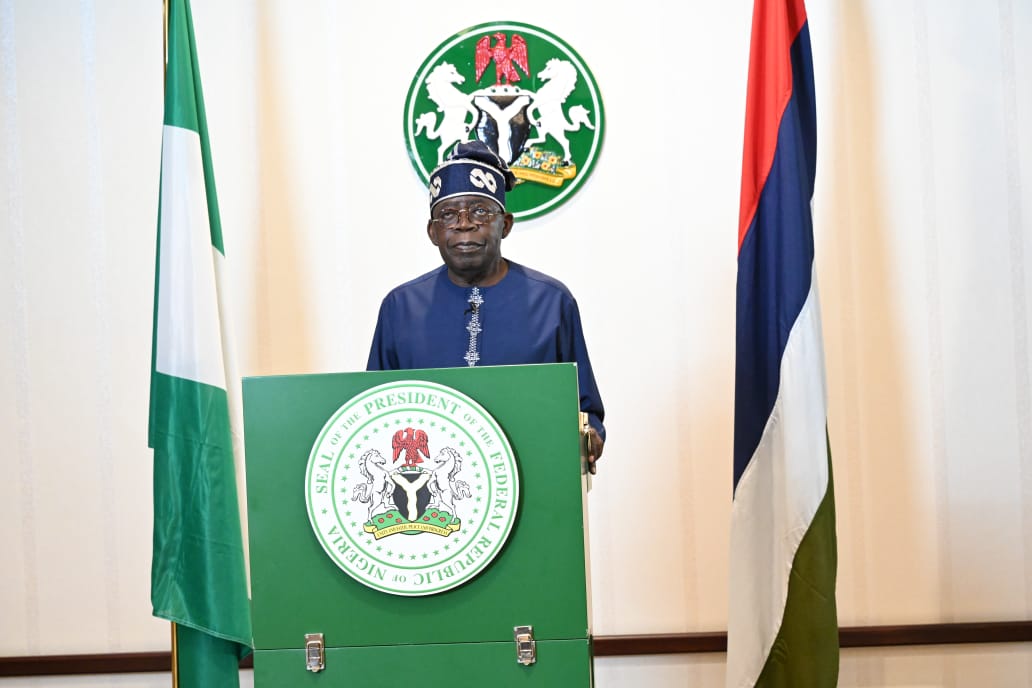Economy
Banking Stocks Drag NSE Index Down by 0.77%

By Dipo Olowookere
Activities at the local bourse finished bearish again on Thursday as result of losses recorded by counters in the banking sector.
Late Wednesday, UBA and Access Bank finally released their much-awaited half year earnings and despite the impressive results churned out by the former, investors chose to react to the not-too impressive numbers of the latter.
At the close of transactions on Thursday, the banking index lost 1.77 percent as a result of losses recorded by the big players as well as the mid-level lenders in the sector.
On Wednesday evening, the Central Bank of Nigeria (CBN) fined two of the financial institutions trading its shares on the Nigerian Stock Exchange (NSE) for forex infractions. They banks fined were Diamond Bank and Stanbic IBTC.
They were among the four lenders slapped with a fine of N5.9 billion for the illegal repatriation of about $14 billion for MTN Nigeria Communications Limited some years ago.
Also at the market yesterday, the industrial index depreciated by 2.30 percent just as the insurance sector fell by 1.48 percent.
By the time the market closed for the day, it was down by 0.77 percent, while the year-to-date returns finished at -8.25 percent.
Business Post reports that the All-Share Index (ASI) went down by 272.27 points to settle at 35,086.67 points, while the market capitalisation reduced by N10 billion to end at N12.809 trillion.
Just like the previous session, the market breadth closed negative yesterday with 12 price gainers and 27 price losers.
Lafarge Africa topped the losers’ chart with N1.80k of its share value lost yesterday to close at N23.70k per share.
It was followed by Forte Oil, which went down by N1.70k to finish at N20 per share, and Stanbic IBTC, which depreciated by N1.25k to end at N47.25k per share.
GTBank fell by N1.05k to close at N38 per share, while Dangote Cement declined by N1 to end at N228 per share.
On the flip side, Guinness Nigeria, which released it 2018 financial year results on Wednesday night, closed on Thursday better with N5 added to its share price, closing at N95 per share.
NEM Insurance, which has lately been getting attention of investors, appreciated by 30 kobo to close at N3.30k per share, while FBN Holdings went up by 10 kobo to end at N9.10k per share.
NASCON improved on Thursday by 5 kobo to settle at N20.05k per share, while AIICO Insurance also gained 5 kobo to finish at 75 kobo per share.
A look at the activity chart showed that while the volume of trades declined by 17.52 percent, the value increased by 51.94 percent.
Investors staked M3.5 billion on 284.6 million shares yesterday in 3,303 deals compared with the 345.1 million shares worth N2.3 billion transacted in 3,261 deals the previous day.
The impressive results released by UBA, coupled with the interim dividend it offered on Wednesday propelled investors rush its shares on Thursday, emerging the most traded stock at the market, trading 57.1 million units worth N452.3 million.
It was followed by NEM Insurance, which sold 45.3 million equities for N131.7 million, and Access Bank, which exchanged 30.7 million shares valued at N281.1 million.
Diamond Bank traded 17.2 million units of its stock for N21.7 million, while FCMB sold 16.4 million shares valued at N29.5 million.
Economy
Liquidity Challenges: Dangote Refinery Faults NNPC’s $1bn Loan Claims

By Aduragbemi Omiyale
The management of Dangote Refinery has picked a hole in the claims by the Nigerian National Petroleum Company (NNPC) Limited that it supported the business with a $1 billion loan when it was undergoing a liquidity crisis.
In a statement on Wednesday night, the private oil refinery believed to be worth about $20 billion said the claims by the NNPC were not true.
In the disclosure made available to Business Post, the Group Chief Branding and Communications Officer of Dangote, Mr Anthony Chiejina, said, “We would like to clarify that this is a misrepresentation of the situation as $1bn is just about 5 per cent of the investment that went into building the Dangote Refinery.”
“Our decision to enter into a partnership with NNPCL was based on recognition of their strategic position in the industry as the largest off-taker of Nigerian crude and at the time, the sole supplier of gasoline into Nigeria.
“We agreed on the sale of a 20 per cent stake at a value of $2.76 billion. Of this, we agreed that they will only pay $1 billion while the balance will be recovered over a period of 5 years through deductions on crude oil that they supply to us and from dividends due to them. If we were struggling with liquidity challenges we wouldn’t have given them such generous payment terms.
“As of 2021 when the agreement was signed, the refinery was at the pre-commission stage. In addition, if we were struggling with liquidity issues, this agreement would have been cash-based rather than credit-driven.
“Unfortunately, NNPCL was later unable to supply the agreed 300 thousand barrels a day of crude given that they had committed a greater part of their crude cargoes to financiers with the expectation of higher production which they were unable to achieve.
“We subsequently gave them a 12-month period for them to pay cash for the balance of their equity given their inability to supply the agreed crude oil volume. NNPCL failed to meet this deadline which expired on June 30th 2024. As a result, their equity share was revised down to 7.24 per cent. These events have been widely reported by both parties.
“It is, therefore, inaccurate to claim that NNPCL facilitated a $1 billion investment amid liquidity challenges. Like all business partners, NNPCL invested, $1 billion in the Refinery to acquire an ownership stake of 7.24 per cent stake that is beneficial to its interests,” he explained.
Mr Chiejina noted that, “NNPCL remains our valued partner in progress, and it is imperative for all stakeholders to adhere to the facts and present the narrative in the correct context, to guide the media in reporting accurately for the benefit of our stakeholders and the public.”
Economy
At Last, Nigeria Okays $1.3m Renaissance Buyout of Shell’s Onshore Assets

By Adedapo Adesanya
Nigeria has finally approved a $1.3 billion deal by Renaissance to buy Shell Plc’s onshore assets after it was initially rejected in October 2o24.
The Minister of Petroleum Resources (Oil), Mr Heineken Lokpobiri, is allowing Renaissance Africa Energy’s purchase of the assets, the group said in a statement Wednesday.
Business Post reported earlier that the deal may get approval soon following the announcement of Shell’s $5 billion investment in the Bonga North project, which reportedly used the final investment decision (FID) as a pavement for the approval of the sale of its onshore and shallow water assets to the consortium.
In October, the chief executive of the Nigerian Upstream Petroleum Regulatory Commission (NUPRC), Mr Gbenga Komolafe, revealed that while the government had processed five divestment applications, only four were approved – leaving out Shell’s asset sale to Renaissance, a consortium made up of four indigenous companies including Aradel Holdings, ND Western, First Exploration and Production (E&P) and WalterSmith as well as the international energy group, Petrolin.
These assets, initially at $2.4 billion and now at $1.3 billion, include an estimated 6.73 billion barrels of crude oil and condensate, along with 56.27 trillion cubic feet of gas.
The FG rejected the transaction because the consortium did not have the financial, experiential, and technical capacities to take over the assets.
The takeover will see Shell exit its Niger Delta operations and focus on its gas and upstream business, which it hopes will continue to drive cash generation into the next decade.
Economy
Tinubu Presents N49.7trn Budget, Says No Going Back on Reforms

By Adedapo Adesanya
President Bola Tinubu has said his administration would not reverse his reformist policies as he presented the 2025 budget pegged at N47.90 trillion at the joint National Assembly on Wednesday.
According to the President, top priority will be given to security and defence, infrastructure, health, and education.
He noted that some of these sectors received high allocations in the 2025 Appropriation Bill themed The Restoration Budget: Security Peace, Building Prosperity.
The President listed some of the highlights of the budget as defence and security – N4.91 trillion, infrastructure – N4.06 trillion, health – N2.4 trillion, education – N3.5 trillion, among others.
“The 2025 budget seeks to restore macro-economic stability enhance the business environment, foster inclusive growth, employment and poverty reduction, and promote equitable income distribution and human capital development,” Tinubu said
“In 2025, we are targeting N34.8 trillion in revenue to fund the budget. government expenditure in the same year is projected to be N47.90 trillion including N15.81 trillion for debt servicing.
“A total of N13.0tn or 3.89 per cent of GDP will make up the budget deficit. This is an ambitious but necessary budget to secure our future.
“The budget projects inflation will decline from the current rate of 34.6 per cent to 15 per cent next year (2025) while the exchange rate will improve from approximately N1,700 per Dollar to N1,500 per Dollar,” he stated.
Mr Tinubu pegged crude oil production at 2.06 million barrels per day for 2025 and also projected that the importation of finished petroleum products would reduce in 2025 while the exportation of refined petroleum products would increase.
He expressed commitment to economic renewal, thanking all Nigerians for embarking on the journey of reform and transformation in the last 18 months together.
The President said the economy is responding to stimulus and that his government would continue to take the right steps for economic progress.
“The reforms yielding results, no reversals,” he said.
He also pleaded that food security is non-negotiable, adding that the government is taking steps to ensure Nigerians feed and not go to bed hungry.
“Our 2025 is not just another statement of projected government revenue and expenditure; it calls for action.
“Our nation faces an existential threat from corruption and insecurity…These challenges are surmountable when we work collaboratively. We must rewrite the narrative of this nation.
“The time for lamentation is over. The time to act is now,” he stressed.
-

 Feature/OPED5 years ago
Feature/OPED5 years agoDavos was Different this year
-
Travel/Tourism8 years ago
Lagos Seals Western Lodge Hotel In Ikorodu
-

 Showbiz2 years ago
Showbiz2 years agoEstranged Lover Releases Videos of Empress Njamah Bathing
-

 Banking6 years ago
Banking6 years agoSort Codes of GTBank Branches in Nigeria
-

 Economy2 years ago
Economy2 years agoSubsidy Removal: CNG at N130 Per Litre Cheaper Than Petrol—IPMAN
-

 Banking2 years ago
Banking2 years agoFirst Bank Announces Planned Downtime
-

 Sports2 years ago
Sports2 years agoHighest Paid Nigerian Footballer – How Much Do Nigerian Footballers Earn
-

 Technology4 years ago
Technology4 years agoHow To Link Your MTN, Airtel, Glo, 9mobile Lines to NIN
























